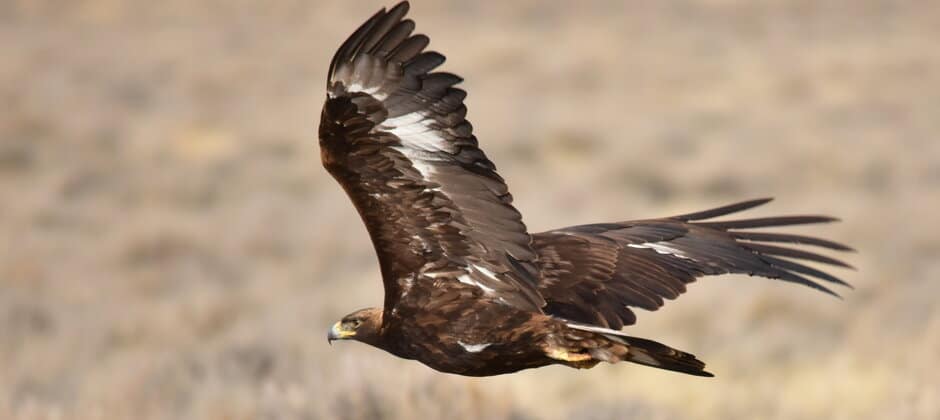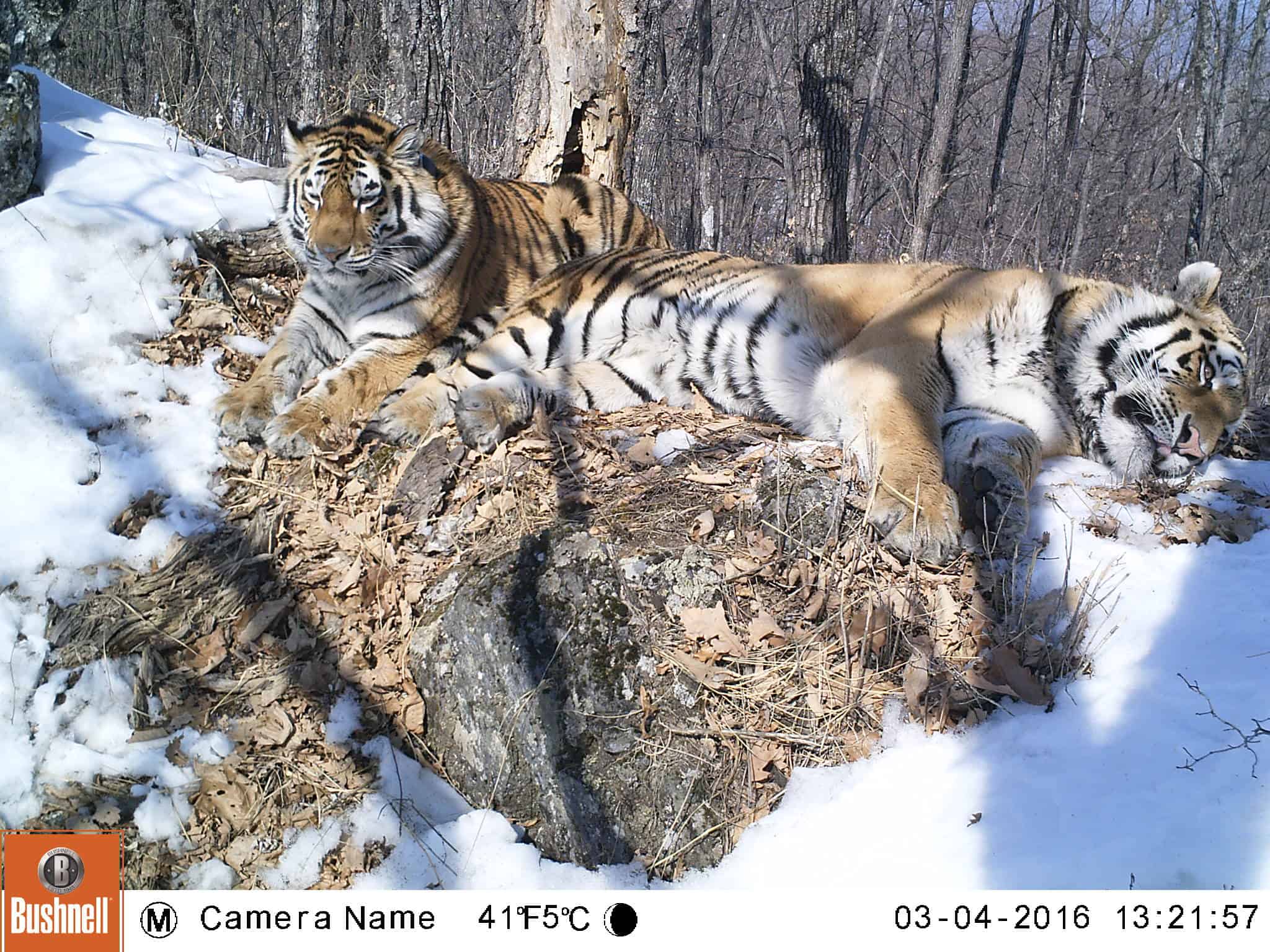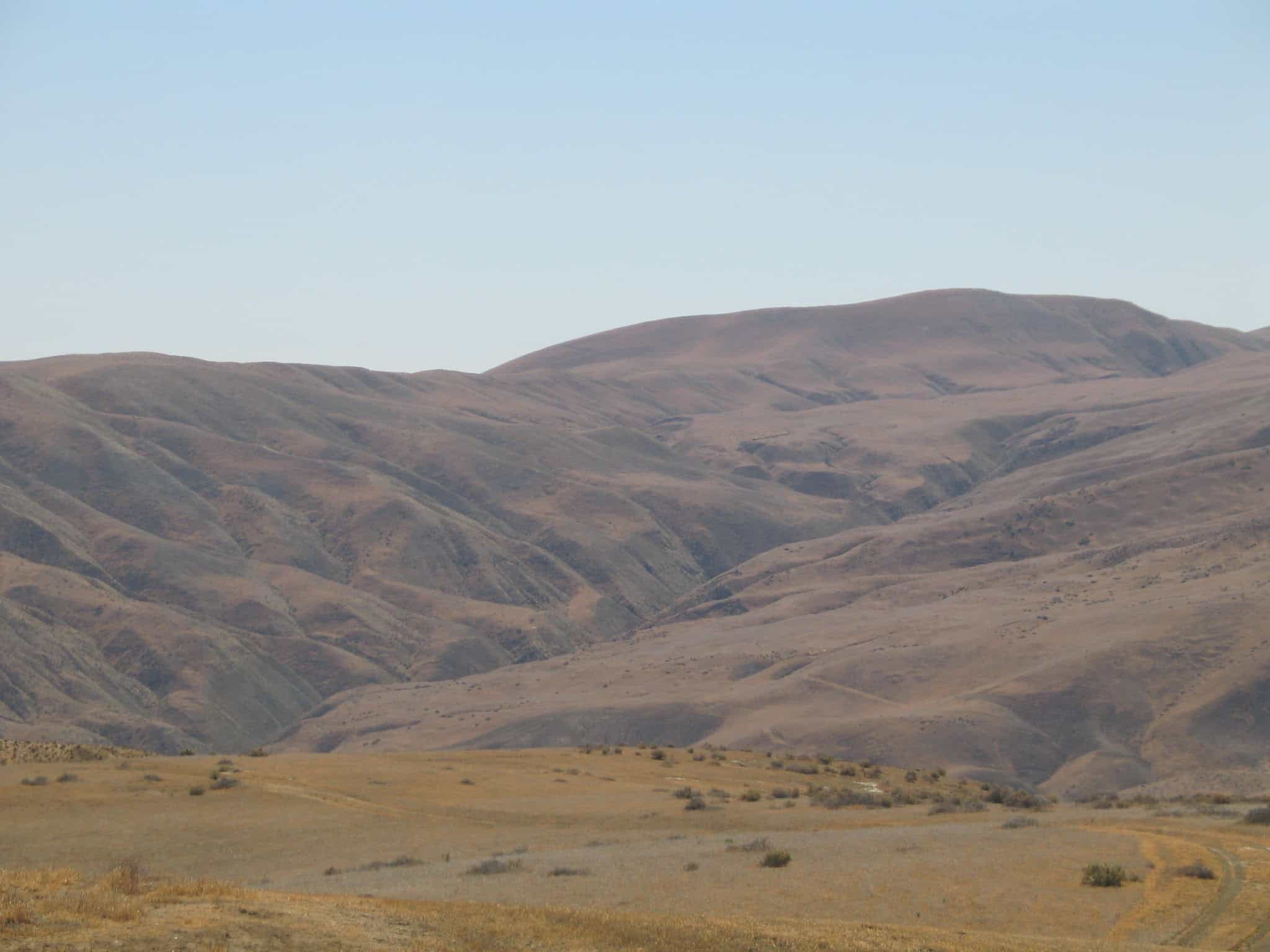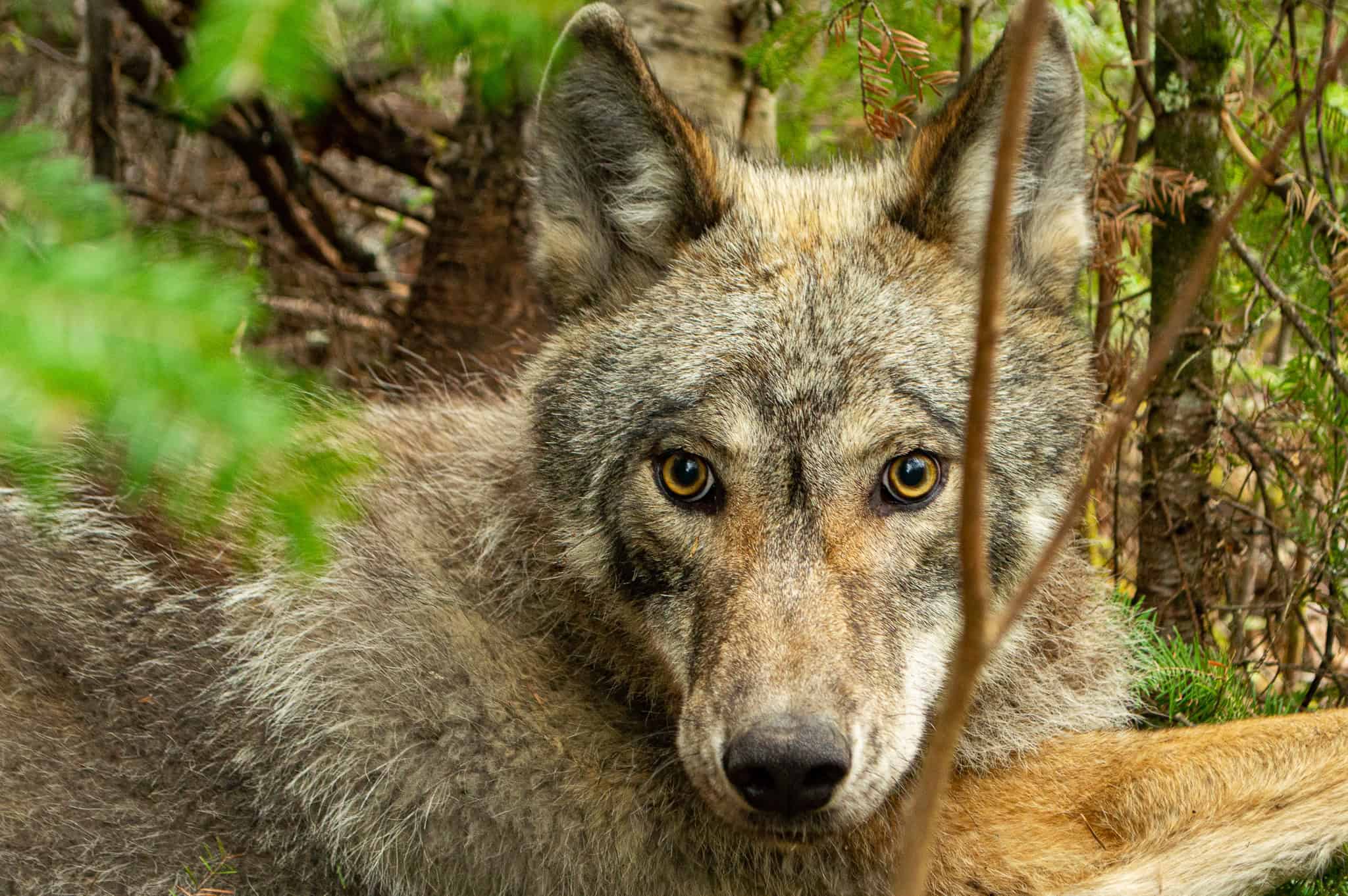Share this article
TWS responds to bald and golden eagle rulemaking
The Wildlife Society, in partnership with TWS’ Renewable Energy Working Group, submitted comments to the U.S. Fish and Wildlife Service showing their support for proposed revisions to the implementation of the Bald and Golden Eagle Protection Act, and make additional suggestions.
The Bald and Golden Eagle Protection Act, adopted in 1962, prohibits the take of bald (Haliaeetus leucocephalus) and golden (Aquila chrysaetos) eagles. The act protects nests and eggs in addition to live birds. The USFWS issues permits for incidental—or nonpurposeful—take of eagles for numerous reasons, including when necessary for “the protection of other interests in any particular locality.” These permits are issued provided that the incidental take is compatible with the preservation of eagles.
The USFWS proposal outlines a general permit option for qualifying projects to expedite the permitting process and improve compliance, notably from wind-energy groups. General permitting eligibility and requirements would be specified into four sections, including incidental take for permitting wind energy, incidental take for permitting power lines, disturbance take, and nest take. The proposal also included removal of third-party monitoring requirements for incidental take permits, updates to permit fees, and clarification of definitions.
In response to the proposal, The Wildlife Society commended the USFWS for its efforts to increase compliance in the permitting system for incidental take of eagles and nests, and reinforced that the proposed permitting framework will allow for additional compliance and embolden conservation of the two eagle species.
While supportive of the framework, TWS emphasized the importance of soliciting stakeholder input on implementation guidance documents not yet released by the USFWS.
In its response, TWS recommended the creation of a standard operating procedure that would outline hierarchical preference for data set utilization from a diversity of stakeholders when conducting abundance estimates. In its comments, the USFWS proposed the creation of a stakeholder advisory committee to assist the agency with abundance threshold framework reviews in addition to the review of monitoring efforts. The Wildlife Society also recommended an annual review of the number of permits provided to ensure that funds needed to maintain the program are collected based on practical numbers of assumed general permit applications.
The request for public comments on the proposed revisions closed on Dec. 29. The USFWS is currently reviewing the comments in anticipation of publishing final rulemaking later this year.
Header Image: A golden eagle flies low over the sage steppe at Seedskadee National Wildlife Refuge. Credit: Tom Koerner/USFWS








